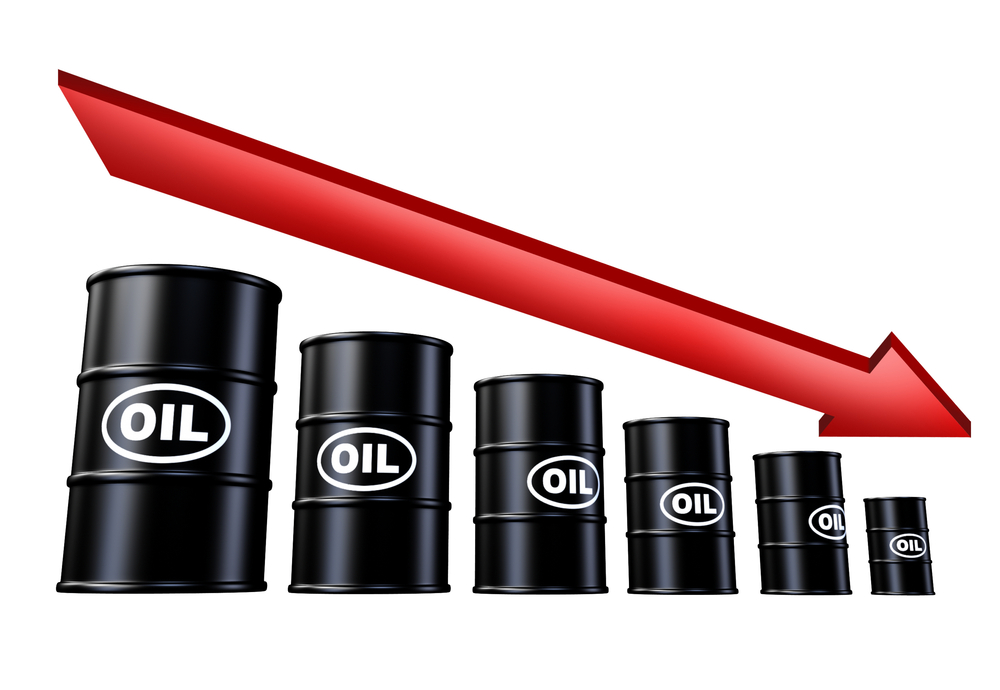The oil markets were pushed lower by an escalating trade disputes between the United States and other major economies, including China, the European Union and India.
Looming over markets is the escalating trade spat between the United States and China, in which both sides have threatened punitive tariffs on each other’s exports, including U.S. crude oil.
China on Thursday cancelled a trip to West Virginia by executives from China Energy Investment Corp to discuss a planned $83.7 billion investment in the state and called Washington’s bahaviour “capricious.”
In another escalation, India on Thursday joined China and the EU by increasing duties on various commodities imported from the United States.
Brent crude futures were at $74.24 per barrel at 0637 GMT, down 50 cents, or 0.7 percent, from their last close.
U.S. West Texas Intermediate (WTI) crude futures were at $65.42 a barrel, down 29 cents, or 0.4 percent.
Meanwhile, Iran signaled it may support a small rise in OPEC crude output, possibly paving the way for the producer cartel to agree a supply increase during a meeting on Friday.
Tehran had previously resisted pressure by OPEC’s de-facto leader Saudi Arabia to raise output.
OPEC, together with other key producers including Russia, started withholding output in 2017 to prop up prices, but a tightening market has led to calls by consumers for more supplies.
Price were preventing from dropping further by strong U.S. fuel demand, as seen in record refinery runs and travel data and a large decline in crude inventories.
U.S. refineries processed a seasonal record of 17.7 million bpd of crude oil last week, according to data from the Energy Information Administration (EIA) said on Wednesday.
This comes as a record 46.9 million Americans are expected to travel during the upcoming July 4 holiday, according to the American Automobile Association on Thursday, which is seen as a leading indicator for U.S. fuel demand.
Amid healthy consumption, commercial U.S. crude inventories dropped by 5.9 million barrels in the week to June 15, to 426.53 million barrels, the EIA said.

 Latest3 days ago
Latest3 days ago
 Trends4 days ago
Trends4 days ago
 Business6 days ago
Business6 days ago
 Football6 days ago
Football6 days ago
 Featured6 days ago
Featured6 days ago
 Health5 days ago
Health5 days ago
 Football5 days ago
Football5 days ago
 Business6 days ago
Business6 days ago






